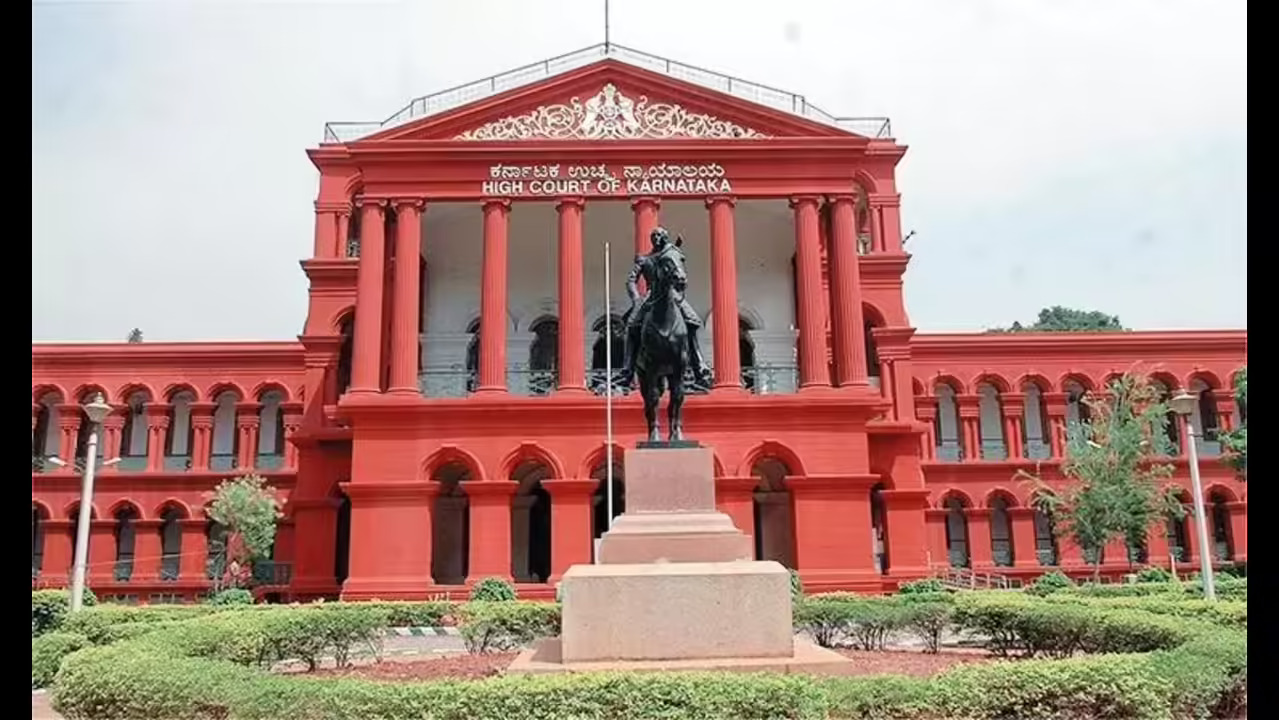The Karnataka High Court has sought formal responses from the state government, the Bruhat Bengaluru Mahanagara Palike (BBMP), and the city police on a public interest litigation (PIL) highlighting rampant footpath encroachments across the city. The direction was issued by a division bench on Monday, following submissions made by a city-based non-profit organisation advocating for equitable urban mobility and accessibility.
The PIL, filed by Letzkit Foundation, underscores the deteriorating condition of Bengaluru’s roads and pedestrian walkways. The petitioner urged the court to enforce strict adherence to the Persons with Disabilities (Equal Opportunities, Protection of Rights and Full Participation) Act, 2016, citing widespread obstructions that compromise pedestrian safety and urban accessibility. The court directed all three agencies to file their responses within the stipulated timeline. According to the petitioner, footpath encroachments not only impede the mobility of citizens, especially persons with disabilities, but also violate previous court orders mandating pedestrian-friendly infrastructure.
Among the specific violations listed in the petition are the installation of permanent barricades, potted plants, and ornamental gardens on pavements, as well as encroachments by commercial establishments. In several areas, business owners have extended shopfronts illegally onto footpaths. The use of public space for unauthorised religious structures, water kiosks, and transformer stations was also brought to the court’s notice. Experts note that the BBMP holds the statutory responsibility to ensure the upkeep of civic infrastructure including roads and walkways. However, the petition argues that enforcement on the ground has remained ineffective, despite multiple directives in the past. The court was told that the issue has only worsened over the years due to the lack of coordinated enforcement.
The PIL seeks comprehensive action from municipal authorities, including strict monitoring mechanisms, transparent grievance redressal systems, and regular clearance drives. It further emphasised the importance of accessible infrastructure for building inclusive cities, in line with national laws and global commitments to sustainable urban development. The legal proceedings come at a time when Bengaluru’s urban mobility is under scrutiny amid growing concerns over rising vehicular density and pedestrian neglect. With road safety and equitable access emerging as key themes in civic discourse, the case may set a precedent for how city authorities respond to grassroots legal interventions.
While the High Court has not yet issued any directive on enforcement, its decision to take cognisance of the petition is being seen as a positive step by mobility advocates. Officials have acknowledged the issue and are expected to submit status reports outlining current measures and future action plans. The next hearing is expected to lay the groundwork for further scrutiny of municipal accountability and compliance with accessibility norms. Until then, the petitioner’s concerns resonate with a broader public demand: that the right to walk safely and freely in a city must be treated not as a privilege, but as a fundamental urban right.
Also Read : Nagpur Road Upgrade Approved with 18 Metre Widening at Kamptee Suburb


